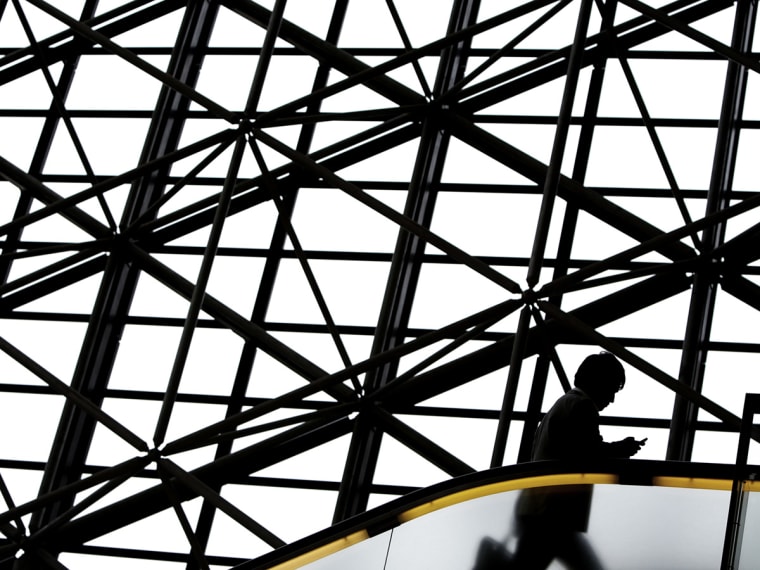Exactly four weeks ago, President Obama stood before the White House press corps and assured them that the NSA's surveillance practices weren't so troubling after all.
"I'm comfortable that if the American people examined exactly what was taking place, how it was being used, what the safeguards were, that they would say, you know what, these folks are following the law and doing what they say they're doing," he said. However, to put the public further at ease, he proposed some modest new oversight measures, and gave some tips about how the American people could better safeguard their own privacy.
"As technology develops further, technology itself may provide us some additional safeguards," said the president. "So for example, if people don't have confidence that the law, the checks and balances of the court and Congress, are sufficient to give us confidence that government's not snooping, well, maybe we can embed technologies in there that prevent the snooping regardless of what government wants to do. I mean, there may be some technological fixes that provide another layer of assurance."
What the president didn't mention is that the National Security Agency has been working to undermine those "technological fixes" for over a decade.
Since 2000, the NSA has been "using supercomputers, technical trickery, court orders and behind-the-scenes persuasion to undermine the major tools protecting the privacy of everyday communications in the Internet age," according to a new report from ProPublica, The New York Times and the Guardian. Billions of dollars have been spent on cracking private companies' encryption methods and "deliberately weakening the international encryption standards adopted by developers." What's more, the agency has reportedly partnered with corporations such as Microsoft to gain backdoor access to the companies' products, according to The Guardian.
The NSA is still barred from specifically targeting domestic communications without a warrant.
"It should hardly be surprising that our intelligence agencies seek ways to counteract our adversaries’ use of encryption," said the Office of the Director of National Intelligence in a statement to ProPublica, the New York Times and the Guardian.
This is not the first report to suggest that online privacy services are vulnerable to government snooping. The day before the president delivered his assurances, Lavabit, the encrypted email service that the very leaker of these secrets--Edward Snowden--used, mysteriously shut down, leaving behind a cryptic note from its founder, Ladar Levison.
"I have been forced to make a difficult decision: to become complicit in crimes against the American people or walk away from nearly ten years of hard work by shutting down Lavabit," wrote Levison, who added that he was not legally able to discuss "the events that led to my decision."
